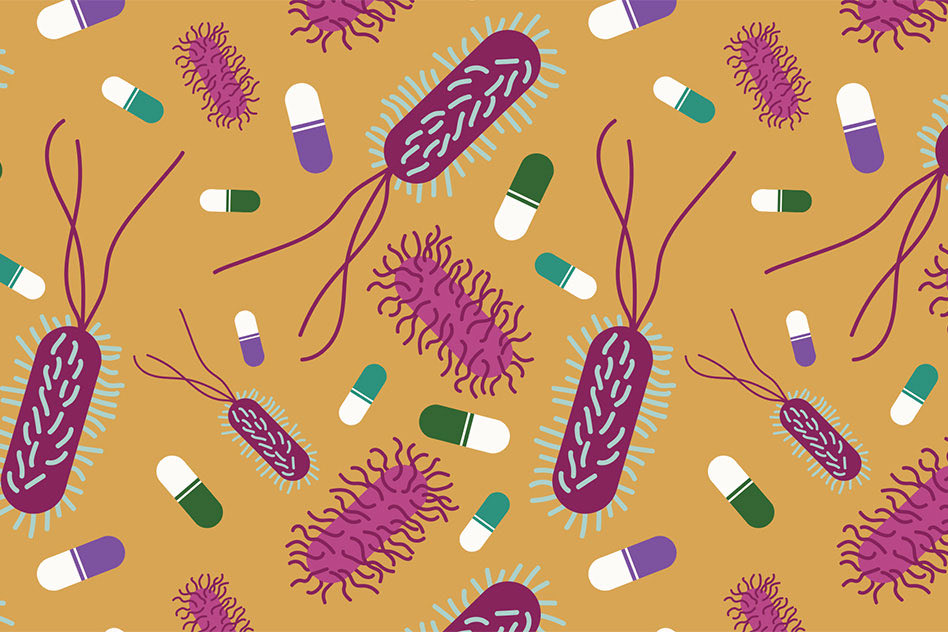
Everything wrong w/ healthcare & drug pricing debate is evident in these slide. Healthcare costs in Massachusetts grew at 4.3% (slide 32). On 33, they report drug spending grew 7.2% gross of rebates. On 34, they show it’s only 3% growth net of rebates. mass.gov/doc/presentati…
Conclusion on slide 55 blames drug prices for Medicare spending growth, yet in footnote acknowledge its “not net of rebates”. Well why not? They clear know net drug spending growth is lower than almost every other aspect of healthcare. It’s clearly hospitals driving growth.
They talk about hospitals, but highlighting drugs is willful misdirection. As for patients’ costs, slide 42 & 47 shows shift towards higher out of pocket costs. So even as drug spending shrinks as a fraction of healthcare spending, Americans afford less & blaming drug costs.
What should be clear from these data is that rising premiums are being driven by hospitals, not drugs, and rising patient costs OOP are driven by insurance plans simply charging patients more... & for what are often cheaper drugs (eg insulin net prices dropped in last decade).
But no. Congress in its infinite obtuseness decides to balance its budget by imposing price controls on the one small segment of healthcare that’s actually inventing ways to keep people out of hospitals. Are they blind to the data? Or just cynically killing progress for votes?
Is there no one in power in Dem Party w/ spine to say “you know, we can fix a few things about drugs, like making sure they all go generic w/o delay, but let’s not pretend like drug spending is THE problem. OOP costs are. Let’s reform insurance & preserve innovation.”?
Not a single example in world today of investors putting capital at risk pursuing development of ANY products that face price controls. Democrats aren’t going to rewrite the laws of economics. After they destroy the biomedical sector, the laws of economics may rewrite Democrats.
But too late for patients. Shame on our leaders. I know there are a few lawmakers trying to stand up and defend innovation with data, evidence, arguments, and pathos. We must hope they succeed or we’ll just spend more time in increasingly expensive hospitals having saved NOTHING.
• • •
Missing some Tweet in this thread? You can try to
force a refresh



